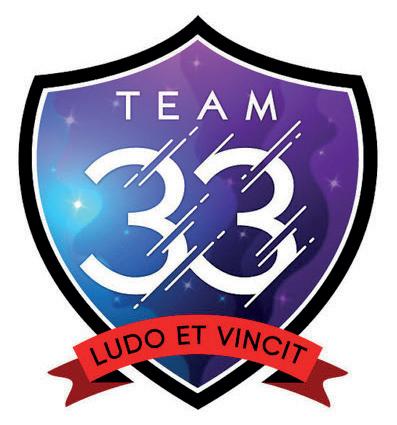
7 minute read
Not for Kids Anymore Esports is driving significant activity in the gaming and hospitality sectors by David McKee
NOT FOR KIDS ANYMORE
Esports is driving significant activity in the gaming and hospitality sectors by David McKee
sports can no longer
Ebe ignored. The sector is blowing up. Covid-19 played a role. Sequestered at home, fans streamed video of esports in record numbers.
SafeBettingSites.com clocked 1.6 billion hours of viewing of YouTube
Gaming between July and October, a 131% increase. (Facebook Gaming gained 30 million viewers.) For the year to date, YouTube gaming has logged 4.3 billion hours of viewing.
No fewer than 107 million people subscribe to the online gaming channel of Norwegian player Felix Arvid Ulf Kjællberg, aka PewDiePie. El Salvador’s 27-year-old Luis Fernando Flores Alvarado comes in a distant second with 38 million subscribers. That’s still a lot of eyeballs.
Esports fans are watching 500 million hours of play a week, according to SafeBettingSites. That’s up from 291 million a year ago. During the third quarter, League of Legends was the most watched game with 543 million hours. It was followed by Fortnite (426 million hours) and PUBG Mobile (416.5 million hours), with 60 percent of viewership going to the Battle Royale genre of games. High schools and
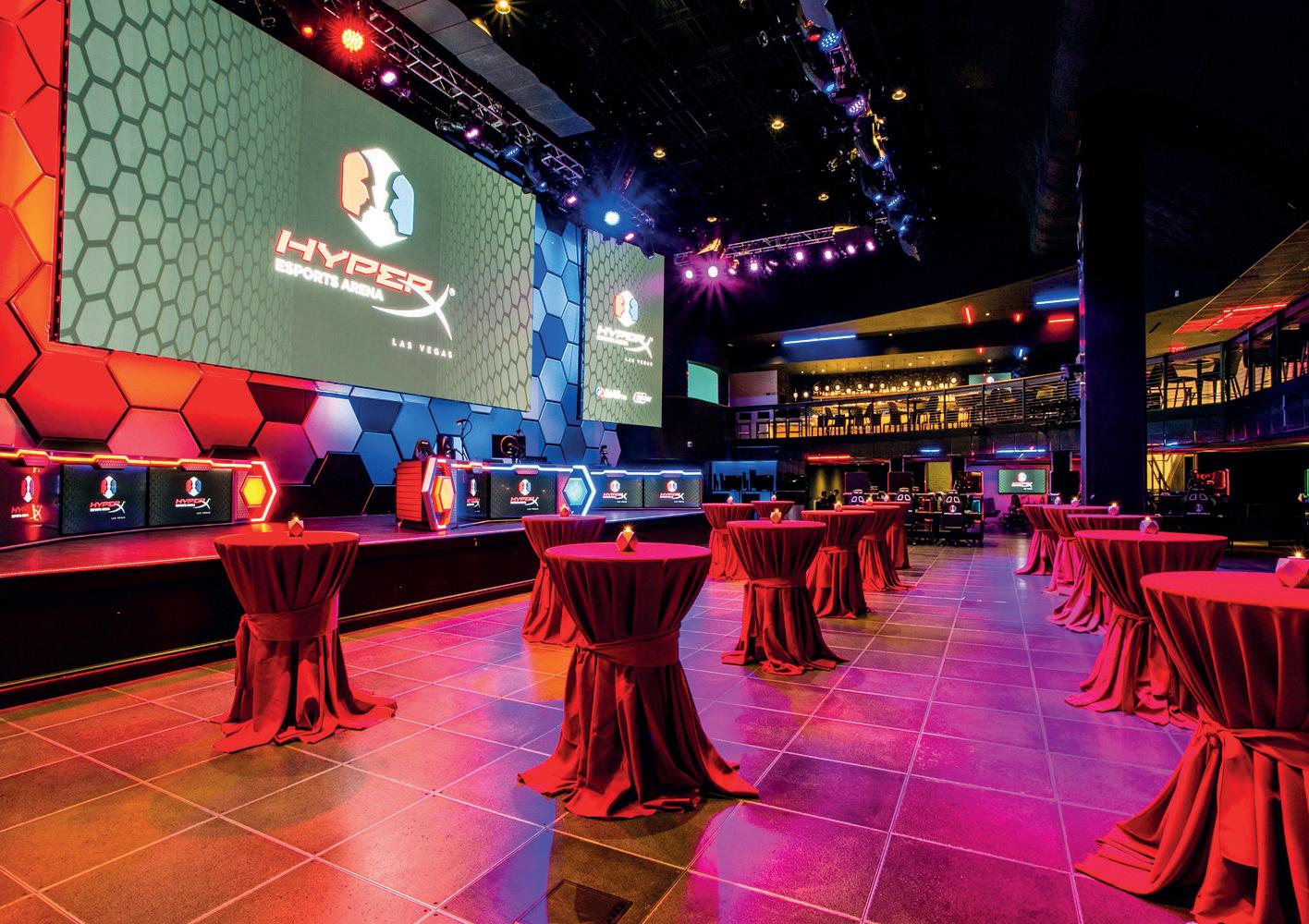
universities have formed competitive esports teams, as revenue from the industry heats up to $1 billion this year, as the sport grows 10 percent annually. Asserts one industry flack, “If you combine the NBA, NFL, MLB, NHL, esports global viewers exceed them combined.”
Investment in esports is growing even faster: $1.3 billion during the third quarter of 2020, a 714 percent explosion. That doesn’t include $17.5 billion worth of mergers and acquisitions. Microsoft spent $7.5 billion to obtain operator ZeniMax, second only to Tencent’s $8.6 billion acquisition of Supercell in 2016. The only fly in the ointment is an 11.5 percent drop-off in initial public offerings. It was a ‘mere’ $2.4 billion. Unity Software raised $1.3 billion by going public.
No wonder that Esports Entertainment Group spent $43 million to buy GCCircuit and Helix eSports, surely a bargain price if the sector continues to grow as predicted. “The publicly traded company is amassing a number of properties related to esports, but it is doing so with a unique approach by combining games, tournaments, and gambling,” reported Venture Beat. EEG hopes that the revenue from wagering on esports to
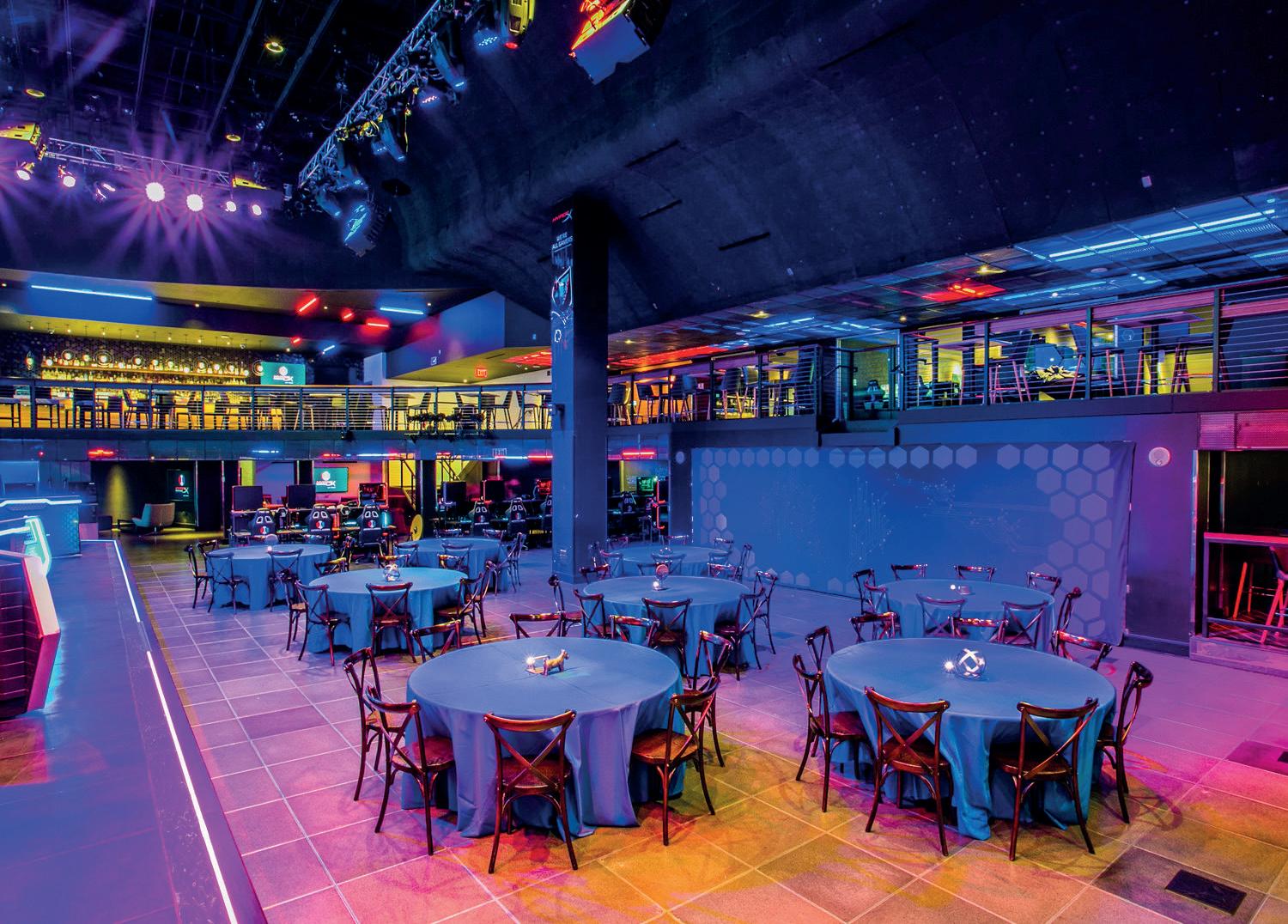
buy it time as profits from the games catch up with the investment.
It’s not just venture capitalists like EEG, either. Major-league sports owners like the New England Patriots’ Robert Kraft, the Dallas Mavericks’ Mark Cuban and the Dallas Cowboys’ Jerry Jones—all men with a track record of success—have taken the plunge into this new demimonde, in which crowds of spectators watch (and sometimes bet) on teams of youngsters playing video games competitively. The roster signings are becoming as competitive and lucrative as regular sports. Cloud 9 just laid out $6 million to obtain es3tag from Astralis, along with free-agent pacts with “Alex,” “floppy,” “mezii” and “woxic.” That’s chump change for Cloud 9, valued at $400 million.
From Hollywood comes Team 33, newly formed to tilt at Call of Duty, CS:GO, Valorant, World of Warcraft, Fortnite, League of Legends, Dota 2, Madden, FIFA and others. “We are excited to officially launch our esports team today, as this has been years
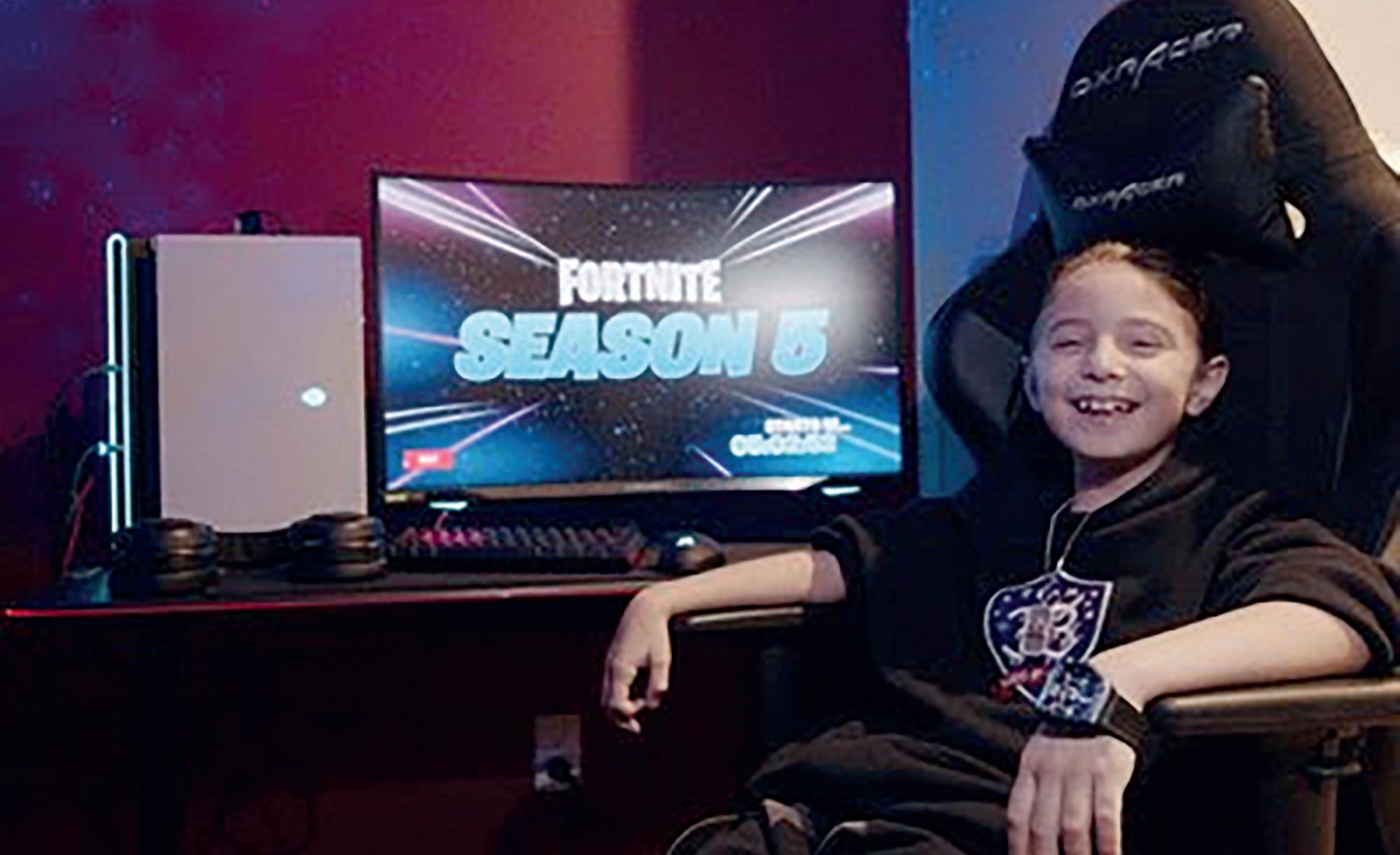
in the making. Some of our players we have signed have won major tournaments all over the world and we are now ready to compete as a team globally. We will be revealing our official roster of players in 2021 from our headquarters in the Hollywood Hills,” said CEO Tyler Gallagher, adding, “We are also selectively accepting applications from pro players all over the world interested in joining us as we are currently expanding our team.”
In a truly eyebrow-raising development, Team 33 robbed the cradle by signing eight-year-old Joseph Deen for $33,000. Deen, aka “Gosu 33,” has been playing esports since the age of six. “While many other teams didn’t take me seriously due to my young age, Team 33 scouted me through Fornite games and let me train and learn with them daily. I couldn’t be happier today to become an official member of the team,” said Deen. Added Team 33 CEO Tyler Gallagher, “We have secretly been scouting talent for our roster and games over the last few years and are proud to officially sign Joseph. We made it a point to train him over the past few years because young gamers are the future, and we want to start training them early. He has shown incredible tenacity and commitment to the team over the last two years and has trained almost daily with our team.”
Team 33 will be headquartered in a luxurious Hollywood mansion, one whose celebrity guests have included singer/actress Janelle Monae and rapper DMX. Gallagher calls House 33 “a world-class training facility for gamers and a creative space for artists and creators alike … Anyone who is accepted to Team 33 will receive a … setup sent to their home directly. This is to include a state of the line computer, monitor, keyboard, mouse, desk, gaming chair with camera and microphone setup. The value of this setup is almost $5,000 and only going to a selective few that get signed to the team.”
The first mover in the casino sector was the Downtown Grand in Las Vegas. However, MGM Resorts International was quick to see the possibilities of esports and, in a move
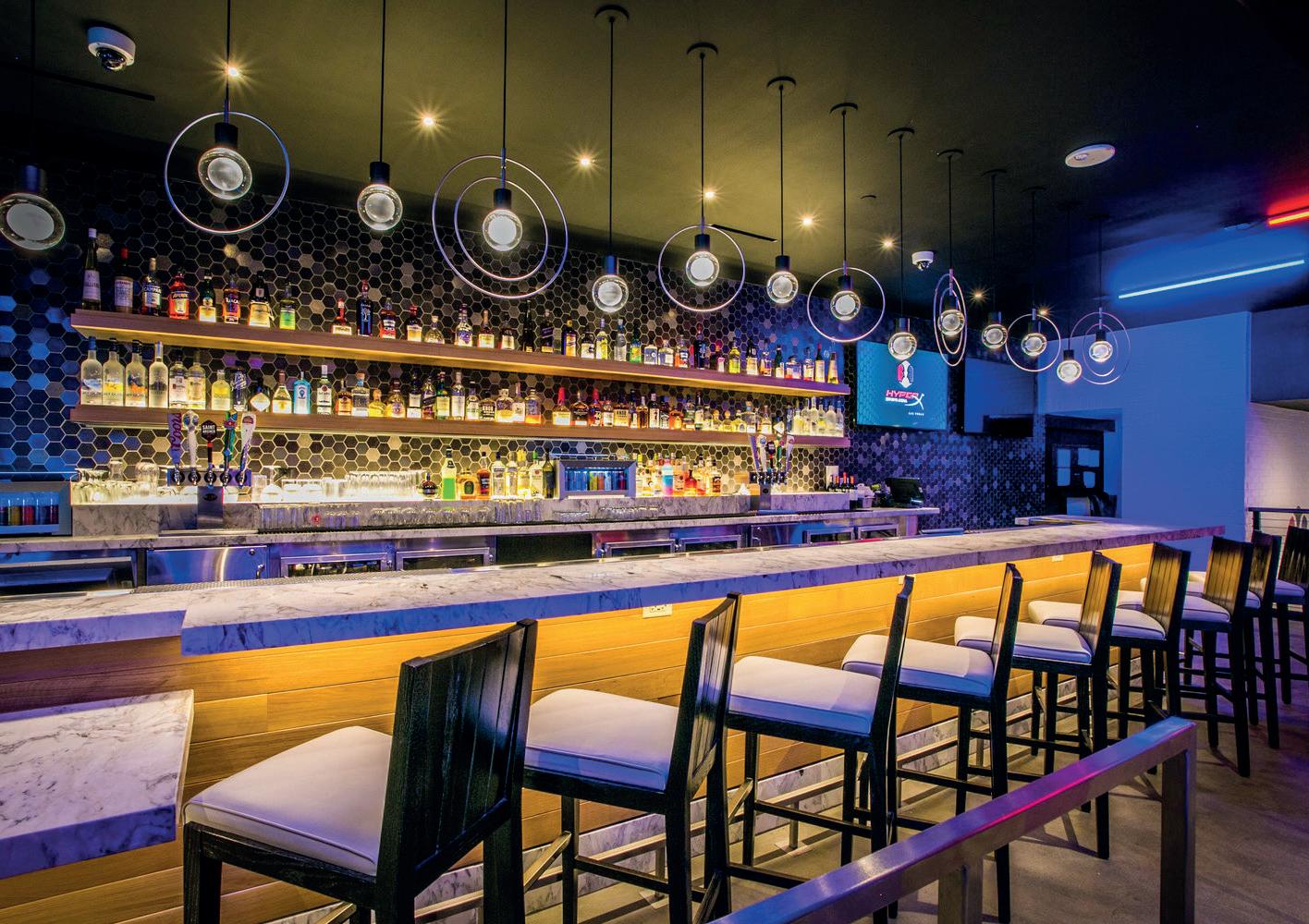
that would normally be regarded as heresy, scrapped its LAX nightclub at Luxor on the Las Vegas Strip in favor of an esports arena. It boasts a 50-foot LED wall and broadcasting facilities. Prior to the Covid-19 pandemic it hosted tournaments like Friday Frags (Fortnite) and Saturday Night Speedway (Mario Kart 8). Operator Allied Events even designed it for online play when there’s no local action.
“Two years ago, if somebody said that esports tournaments are going to be broadcast on TV, you would have gotten a lot of eye-rolling. But that is what COVID has brought.” said EEG’s CEO, Grant Johnson. His company, he contends, is the only NASDAQtraded esports firm. Licensed in United Kingdom, Ireland, Malta and Curaçao, EEG aims to go after the 18-and-over esports player. After all, studies of the games show the sweet spot of demographics to be closer to the age of 35, Generation X having been weaned on video games.
“We think we are going to have this convergence of esports and traditional sports, and I think we’re pretty well positioned there,” Johnson told Beat Venture. A multi-purpose arena in Arlington, Texas, includes a configuration expressly for esports tourneys and casinos are getting into the game.
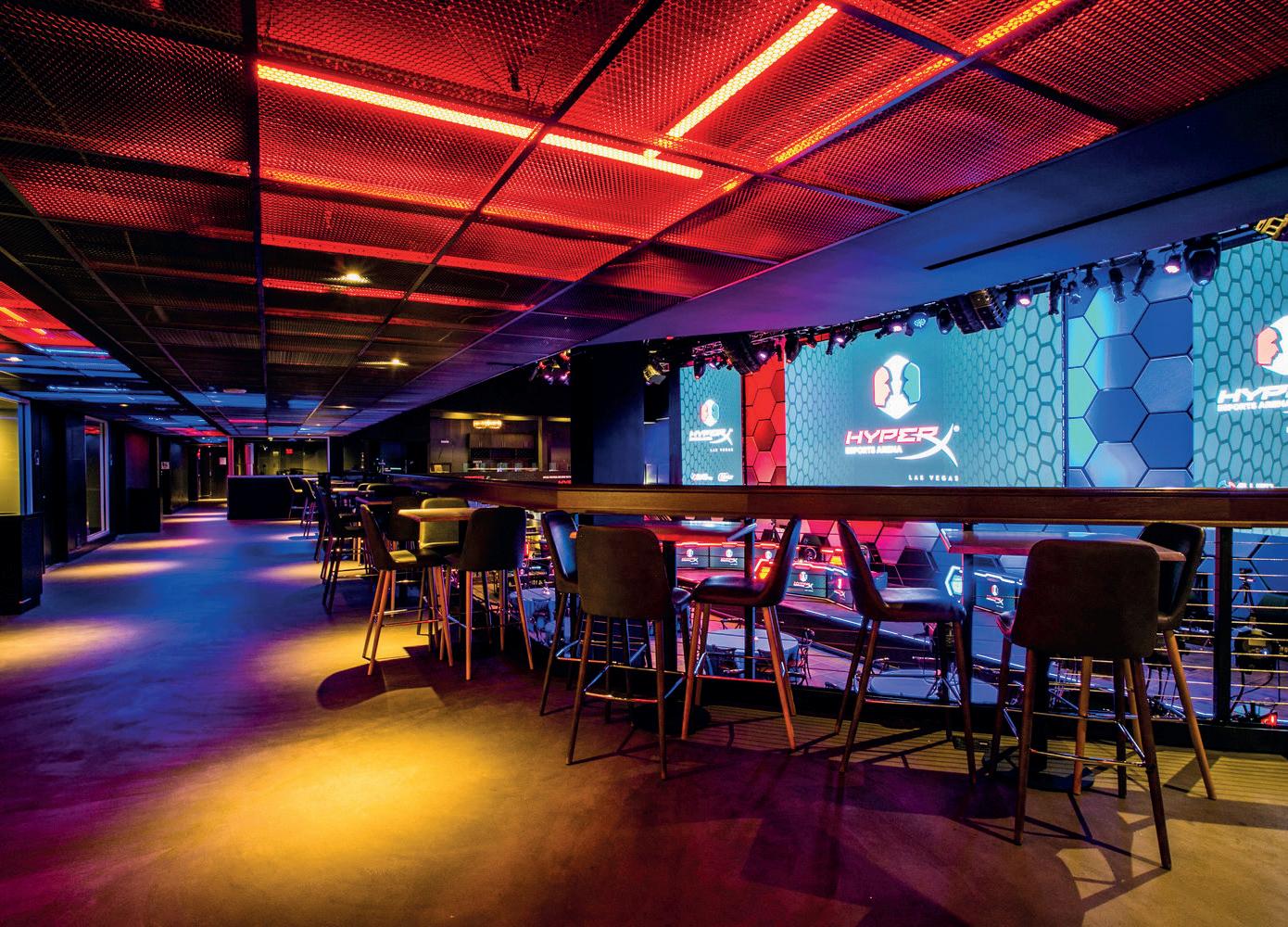
But nothing says ‘mainstreaming’ quite like the announcement of a series of Atari-branded hotels, each to feature esports arenas, by Scottsdalebased GSD Group. The first was to be in Las Vegas, later branching out to Phoenix Austin, Chicago, Denver, San Francisco, San Jose and Seattle, and boasting amenities targeted to the esports fan, including tournament arenas. Said GSD, “Guests can enjoy the latest in video games, experience cutting-edge immersive entertainment, purchase exclusive Atari Hotels merchandise, and play the night away in retro-style gaming arcades. A speakeasy and fully-equipped nightclub will be available for adult guests, as well as themed restaurants and bars. Atari Hotels delightfully plays with the themes of retro-futurism, pop culture, and nostalgia–offering fun for the whole family.”
Whether this comes to fruition is another question. GSD clammed up right after the formal announcement, has no Las Vegas real estate and would be building custom-designed hotels at a point in the global economy when it’s much cheaper to snap up distressed hospitality assets. (Colony Capital recently offloaded a portfolio of hotels for $2.8 billion.) But anything is possible in esports, a giant whose full dimensions remain to be seen.
